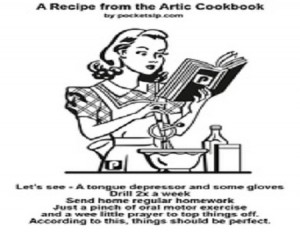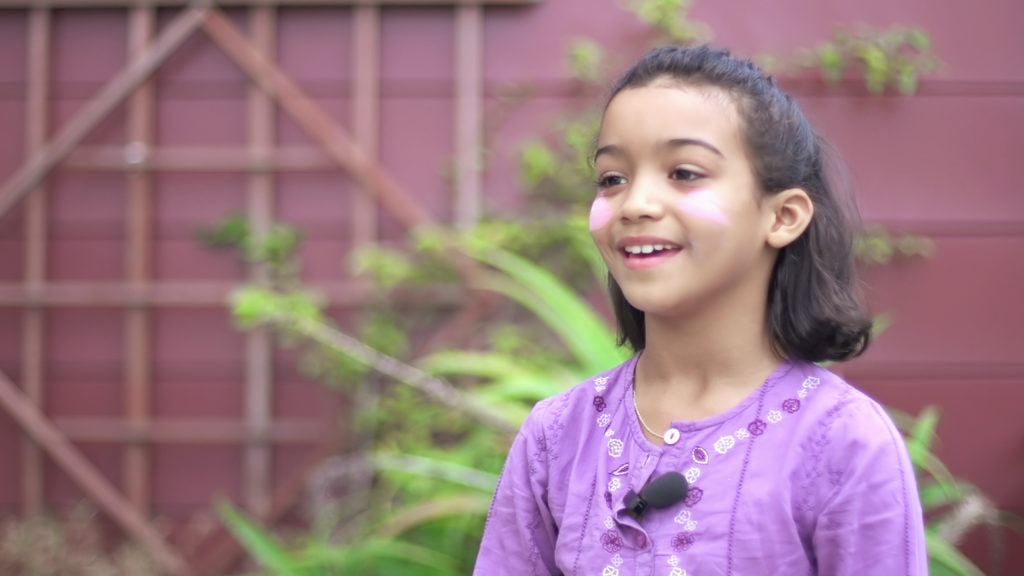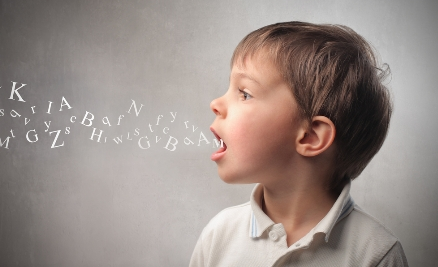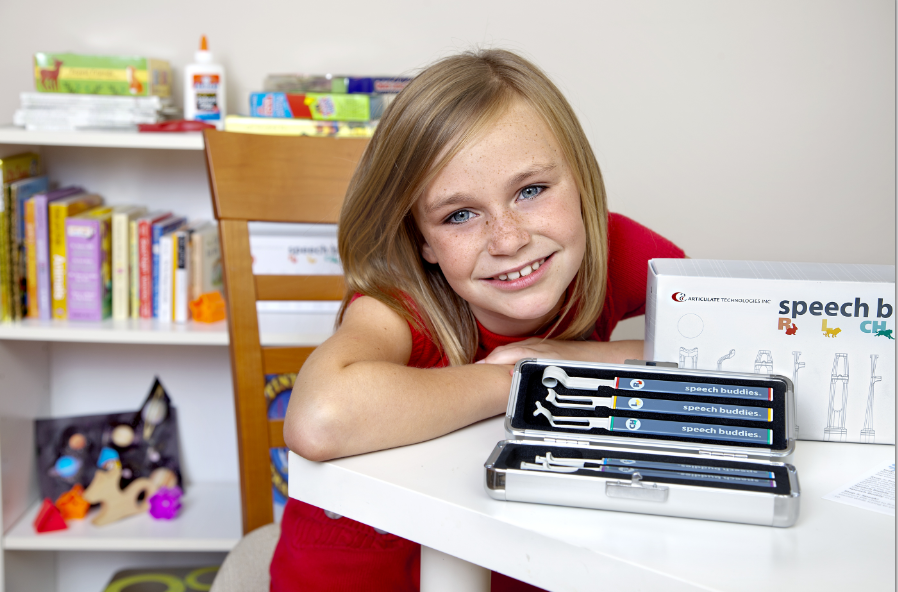Articulation. What exactly does that mean? Articulation is the movement of the tongue, lips, jaw, and other speech organs (the articulators) in order to make speech sounds. It is considered an articulation disorder when there are problems making the sounds. Sounds can be substituted, left off, added, or even changed. Often, it is young children who make speech sound errors. They may say “wabbit” instead of “rabbit”, or leave out certain parts of a word such as “nana” for banana. If these errors continue past a certain age without improvement, your child may have an articulation disorder. Are articulation disorders treatable? Absolutely. And you can work on improving articulation skills at home. Here are four easy articulation activities that you can do at home.
Continue reading
What Everyone Needs to Know About Articulation Disorders
Articulation Disorders Language Development Parents' Corner Phonological Processing Disorder Pronunciation & Lisps Speech delay Speech Disorders Speech Therapist
This week, we are taking a fresh and in-depth look at articulation disorders in children, including trying to decipher what is fact, fiction and frankly what you need to know about articulation disorders in relation to normal speech development milestones.
The Most Common Articulation Disorders
Articulation Disorders Language Development Parents' Corner Pronunciation & Lisps Speech Disorders Speech Errors Speech Therapist
Speech and language articulation is the process by which a person forms words. This is done with different parts of the mouth, jaw, tongue, lips, palate and teeth. A child is considered to have an articulation disorder is if he or she is unable to produce the right sounds to communicate clearly and effectively. Articulation disorders are generally characterized by substituting one sound for another (wide for ride), omitting a particular sound (ban for band) or distorting a sound (sip for ship). Young children often make speech errors, however if these continue past a certain age, they are considered articulation disorders. Children by the age of 8 should be able to produce all sounds in English correctly.
Get Moving! 5 Games for Kids with Articulation Disorders
Language Development Pronunciation & Lisps School Speech Disorders Speech Therapy TechniquesArticulation and phonological disorders are common forms of speech challenges that children face. Speech therapy techniques depend on the specific type of disorder and sound challenge, and games for kids with articulation disorders or phonological delays can help to bring the fun into the work part of therapy. There are great books to help kids who are struggling with articulation disorders, and the following games can get them moving and learning at the same time. Continue reading
What is Speech Therapy and How Do I Use At-Home Speech Therapy?
Speech Therapy TechniquesToday, we’re continuing our introductory series to speech therapy. Our third post in the series addresses at-home speech therapy techniques. As a parent, it’s hard to watch your child struggle with anything. But you can accelerate his progress and (ideally) lessen the amount of time that he’ll need speech therapy by using at-home speech therapy techniques. These techniques will likely consist of games and activities that are tailored to your child’s specific needs. It’s also important to model correct patterns of speech for your child (kids are great imitators). Talk to your child’s speech therapist about the best at-home speech therapy techniques for your child’s speech and language issues, and head over to Speech Buddies University for more at-home exercises.





